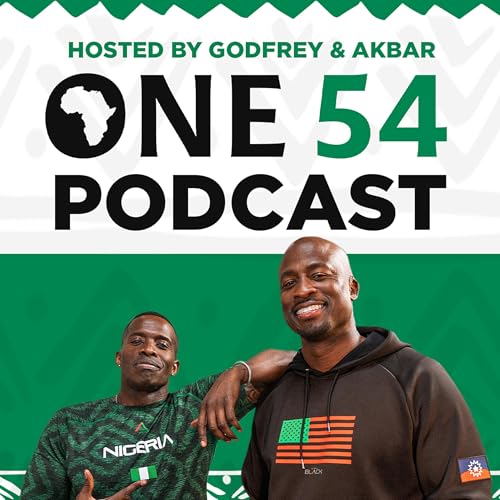Super Bowl champion and former NFL standout Prince Amukamara joins for a powerful and wide-ranging conversation. From growing up Nigerian in America to playing on the biggest stages in sports, Prince opens up about identity, discipline, faith, and what really happens after the lights go off in professional football.
Drafted in the first round by the New York Giants, Prince reflects on life inside NFL locker rooms, Super Bowl runs, and the mental pressure that comes with expectations, comparisons, and public scrutiny. He shares candid stories about transitioning out of football, redefining purpose beyond the game, and navigating success in a world that often ties worth to performance.
The conversation explores Nigerian upbringing, African parenting, and how cultural values shaped Prince’s work ethic and mindset—paralleling the journeys of athletes like Odell Beckham Jr., Saquon Barkley, Michael Strahan, Tom Brady, and Patrick Mahomes. Prince also discusses representation in sports, legacy, and how African and first-generation athletes are reshaping American culture alongside voices like LeBron James, Kevin Durant, Serena Williams, and Giannis Antetokounmpo.
They dive deep into post-NFL identity, mental health, finances, and faith, touching on lessons relevant far beyond football. From locker-room dynamics to life lessons that echo the journeys of figures like Dwayne Johnson, Kobe Bryant, Jay-Z, and Oprah Winfrey, this episode offers insight, honesty, and inspiration.
Raw, reflective, and rooted in culture, this episode of One54 highlights what it truly means to evolve, honor your roots, and build a meaningful life after the spotlight.
See omnystudio.com/listener for privacy information.
 2 時間 10 分
2 時間 10 分 1 時間 25 分
1 時間 25 分 2025/12/111 時間 58 分
2025/12/111 時間 58 分 1 時間 57 分
1 時間 57 分 2025/11/192 時間 31 分
2025/11/192 時間 31 分 2 時間 5 分
2 時間 5 分 2 時間 9 分
2 時間 9 分 1 時間 37 分
1 時間 37 分
